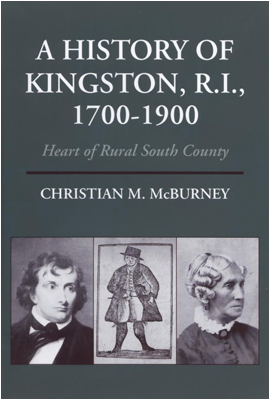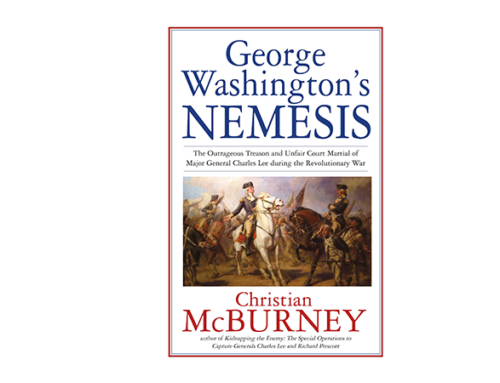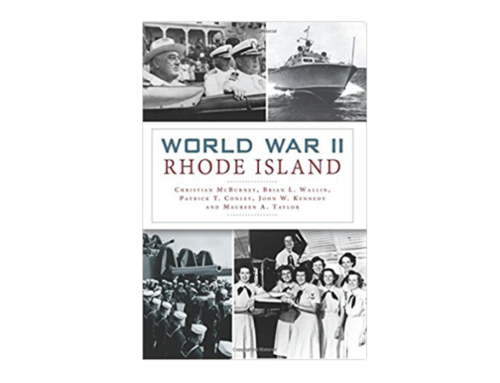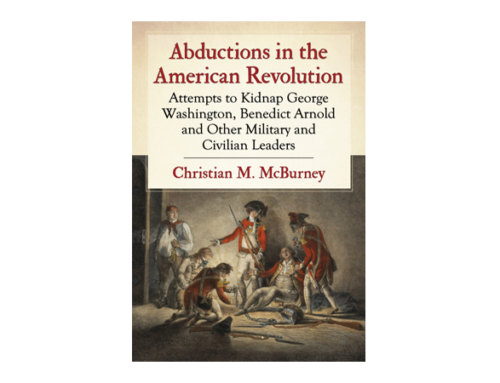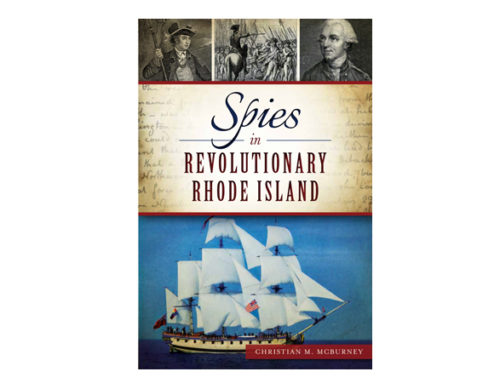Project Description
Kingston, a village in South Kingstown, Rhode Island, has a history in the 18th and 19th centuries as rich as any village in New England. The key is that it served for 100 years as one of the five rotating state capitals; for almost 150 years as the seat for the county courts in Washington County; and for 125 years as the town seat for South Kingstown (then including Narragansett).
In A History of Kingston, relive these events in Kingston’s history:
- Locals break open the Kingston jail to set free Samuel Casey, a talented silversmith languishing in jail under a death sentence for counterfeiting coins in 1770.
- George Washington spends the night in the village during the Revolutionary War.
- Jemima Wilkinson, religious prophet and utopian leader, tries to walk on water and bring back the dead to the land of the living.
- Rhode Island’s constitutional convention held in Kingston refuses to ratify the U.S. Constitution in 1790.
- Thomas Mount is hanged in 1791 for the mere crime of burglary.
- Elisha Gardner, the “Cat Inspector,” plays his best practical joke.
- The South Kingstown town council in 1808 rejects Elisha Gardner’s request to set free his African American female slave, Patience.
- Elisha Potter, a powerful politician, throws his African American farm worker in jail for the “crime” of leaving his farm to preach at a local Sunday church meeting.
- Forgers and burglars, at trials in the court house, are sentenced to die by hanging, to be whipped on the naked back, or to have a piece of their ears cut off.
- Kingston’s leaders, attempting to preserve the rural power of South County, work to block Irish and industrial workers from the northern part of the state from gaining the right to vote.
- Villagers establish the Kingston Anti-Slavery Society in 1837, and Sara Harris Fayerweather, African American abolitionist, marries a local blacksmith and moves to Kingston in 1855.
- At the start of the Civil War, Kingston hosts a heart-wrenching going away party for a company of local Union soldiers led by Captain Isaac Rodman. Rodman would return to Kingston in 1862 in a coffin; he was New England’s first general killed in combat in the war.
- In 1888, the University of Rhode Island is founded and located in Kingston.
Book Availability:
South County: Wakefield Books; Kingston Hill Book Store; South County History Center Gift Shop (Kingston); Picture This (Wakefield)

